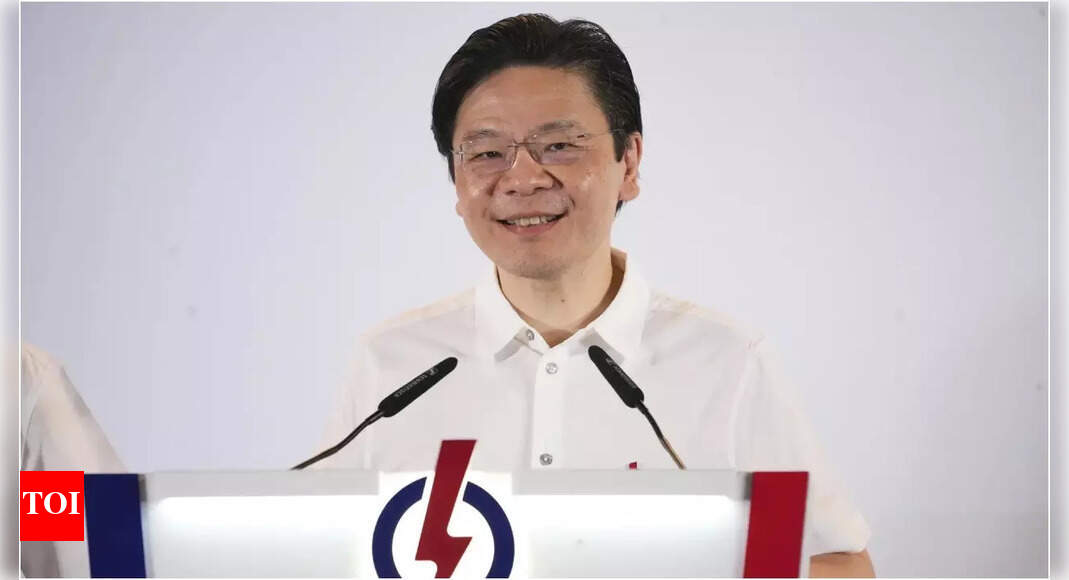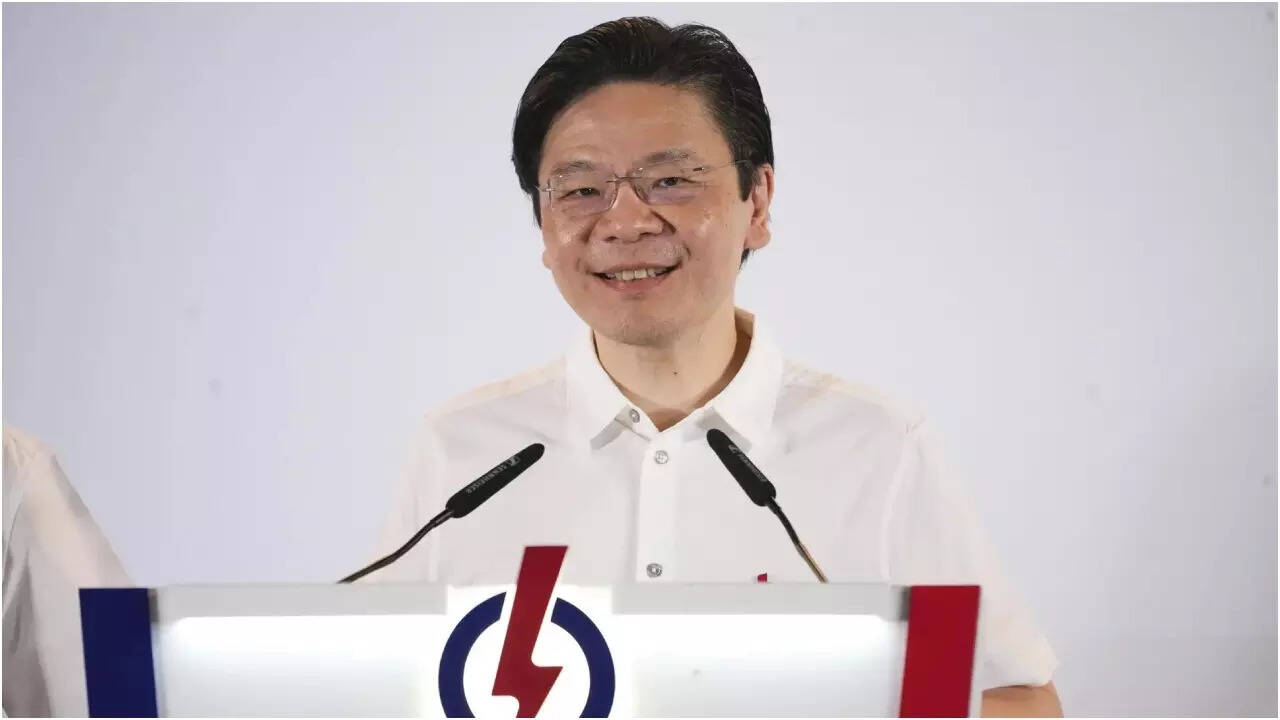Prime Minister Lawrence Wong‘s People’s Action Party (PAP) achieved a decisive victory in Singapore’s General Election on Saturday, winning 87 out of 97 parliamentary seats, according to local media.
The party sought a fresh mandate amidst economic uncertainties stemming from US trade tariffs. Since Singapore’s independence in 1965, the PAP has maintained continuous governance.
On Saturday, approximately 2.6 million eligible Singaporean voters cast ballots for 92 contested seats, with PAP’s Marine Parade-Braddell Heights constituency already secured through a walkover on April 23.
This election marked Wong’s inaugural leadership test as prime minister of Singapore, a nation now confronting economic challenges due to tariffs implemented by US President Donald Trump.
Following the announcement of results in Marsiling-Yew Tee Group Representation Constituency (GRC), Wong described the election as a “humbling experience” and committed to serving voters diligently.
“We are grateful for your strong mandate and… will honour the trust that you have given to us by working even harder for all of you,” said the 52-year-old premier.
The Elections Department (ELD) reported that citizens voted at 1,240 polling stations across the island for 92 of 97 parliamentary seats, determining Singapore’s political direction.
This election represented Singapore’s 19th since 1948 and 14th post-independence. Wong assumed office last May, succeeding Lee Hsien Loong who served nearly twenty years.
Opposition parties conducted vigorous campaigns, highlighting concerns about living costs, housing affordability and foreign worker presence in Singapore’s labour-scarce economy.
Senior PAP officials balanced campaign activities with trade negotiations during the nine-day period following April 23 nominations, particularly regarding US-imposed tariffs on Singapore’s exports.
Deputy Prime Minister and Trade Minister Gan Kim Yong engaged in discussions with US counterparts regarding the 10 per cent tariff on Singaporean imports.
The PAP contested all 92 constituencies, while the Workers’ Party competed for 26 seats across eight constituencies. The Progress Singapore Party fielded 13 candidates in six constituencies, alongside other participating parties including SPP, SDP, PPP, PAR, RDU, NSP, SUP and SDA.
Wong emphasised responsible voting given unprecedented global economic challenges. Singapore’s position between US-China trade tensions is particularly significant given its historical ties with both nations.
Singapore’s manufacturing sector entered recession territory in April 2025, with US tariffs causing export order deferrals and cancellations. The PMI decreased to 49.6 points from March’s 50.6.
“The contraction in Singapore’s factory activity snaps 19 straight months of expansion,” reported The Straits Times, citing SIPMM’s Friday report.
The PAP secured one five-member constituency through walkover on April 23. Their popular vote share had previously declined to 61 per cent in 2020 from nearly 70 per cent in 2015, though they retained 83 of 93 seats while the opposition gained ten seats.
Lawrence Wong retains power in Singapore’s general election, wins 87 of 97 seats
2




